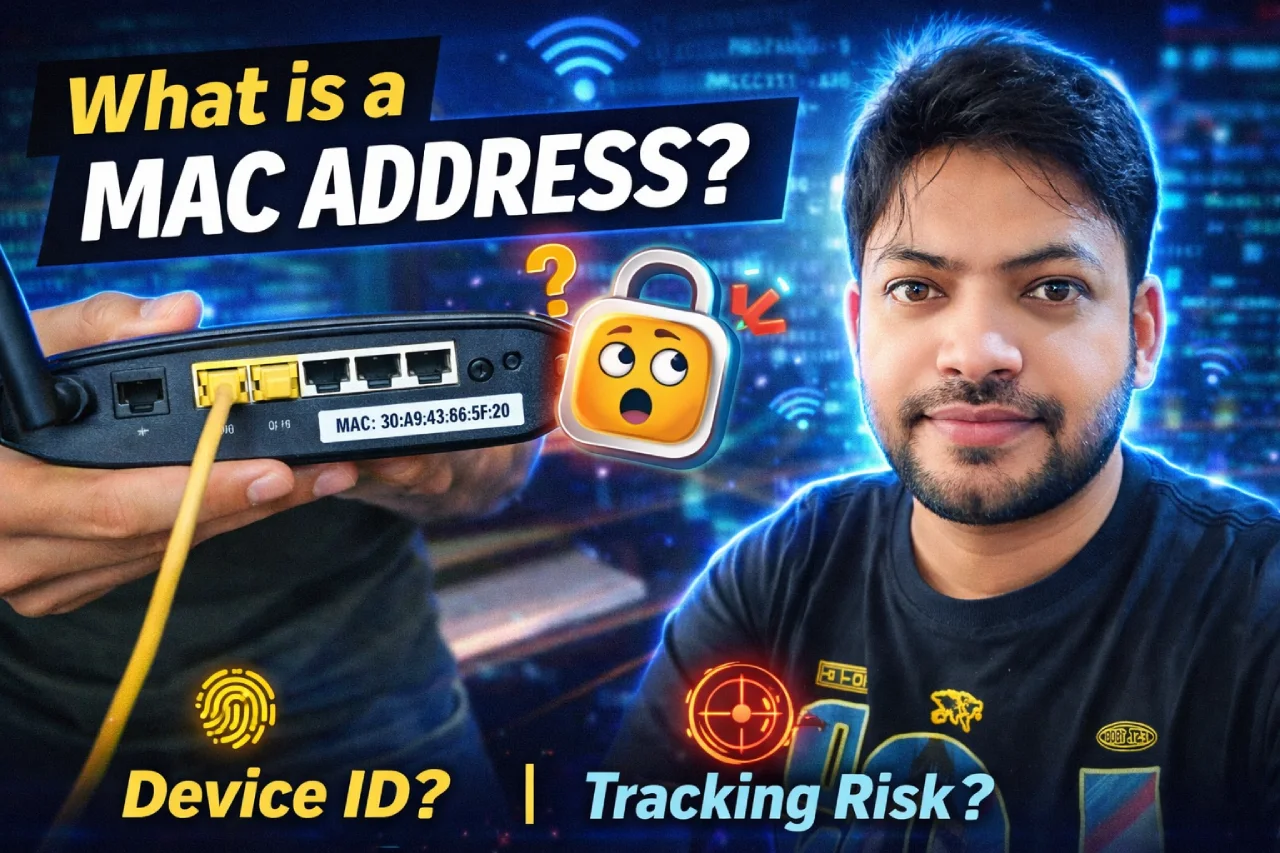In an era where digital infrastructure underpins almost every aspect of modern life, the importance of cybersecurity has never been greater. Cyber threats continue to evolve in complexity and frequency, making it critical for individuals and organizations to be proactive in their defense strategies. For those looking to build a career in this high-demand field, pursuing a well-rounded education in cybersecurity is essential. The path to expertise in cybersecurity is paved with a variety of courses that cover foundational knowledge to advanced technical skills.(cyber security courses in marine drive)
1. Introduction to Cybersecurity
For beginners, the journey starts with understanding the basics of cybersecurity. Introductory courses, often available online for free or at a low cost, provide learners with a fundamental understanding of the cyber threat landscape. They cover essential topics like malware, phishing, data breaches, and social engineering attacks. These courses also explore basic cybersecurity tools and principles such as firewalls, encryption, and password policies. Popular platforms like Coursera and edX offer these introductory courses, often designed by top universities and industry leaders.
2. Network Security
Once the fundamentals are clear, learners can delve into more specialized areas. Network security is a crucial field within cybersecurity, as networks are the backbone of all digital communication. Network security courses teach students how to secure network infrastructure, configure firewalls, manage VPNs, and detect intrusions. These courses often incorporate hands-on labs where learners can practice setting up secure networks in a virtual environment. Certifications like CompTIA Network+ or Cisco’s CCNA Security are excellent ways to validate expertise in this area.
3. Ethical Hacking and Penetration Testing
Ethical hacking, also known as penetration testing, is a popular specialization in cybersecurity. Courses in ethical hacking train learners to think like a hacker in order to discover vulnerabilities before malicious actors can exploit them. These courses cover topics such as vulnerability assessments, penetration testing techniques, and the use of hacking tools like Metasploit, Wireshark, and Kali Linux. Earning a Certified Ethical Hacker (CEH) certification can enhance credibility and open doors to advanced roles in the field.
4. Advanced Threat Detection and Incident Response
As cyberattacks grow more sophisticated, the ability to detect and respond to threats in real-time has become vital. Advanced threat detection courses teach learners how to use security information and event management (SIEM) systems, monitor network traffic, and analyze security logs for suspicious activity. Incident response training focuses on how to manage security breaches, mitigate damage, and restore systems after an attack. Certifications such as the Certified Information Systems Security Professional (CISSP) and GIAC Certified Incident Handler (GCIH) are ideal for advanced professionals.
Conclusion
Becoming an expert in cybersecurity requires a commitment to continuous learning and staying updated on the latest threats and technologies. From foundational courses to advanced certifications, the right educational path can lead to a rewarding and impactful career in this critical field.ICE Institute provides cyber security courses in cyber security courses in marine drive. To Gain practical skills and certifications in network security, ethical hacking, and data protection from experienced instructors. Enroll now to safeguard the digital future.







